11 Air Conditioning Myths and Misconceptions
-
Pete Ortiz
- Last updated:
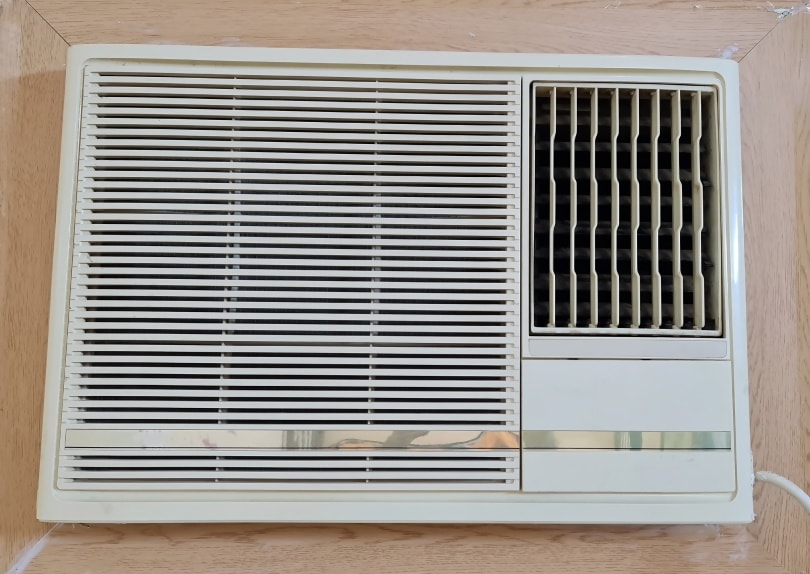
You wouldn’t believe how common these myths are – you might be guilty of one or two! Air conditioning units are expensive to run, so it pays to find out what you’re doing right, and what you could be doing better. Let’s start with a cold hard fact:
Air conditioning accounts for 12% of the average American’s home energy bill1, and these myths may play a part in that. Find out the dos and don’ts below.
The 11 Biggest Air Conditioning Myths and Misconceptions
1. Setting the thermostat all the way down will cool the room faster
Cranking the thermostat of the AC all the way down doesn’t make it work any faster. The unit still runs at the same speed except that it continues to run until the room is at the lower temperature you’ve asked it to achieve.
In fact, we are usually using AC units most often in the summer when it’s hot. This means that the air conditioner ends up running continuously, which is expensive not to mention bad for the environment. The solution is to set it as close as is comfortable to the temperature outside. It won’t take as long to get the home more comfortable and will shut off.
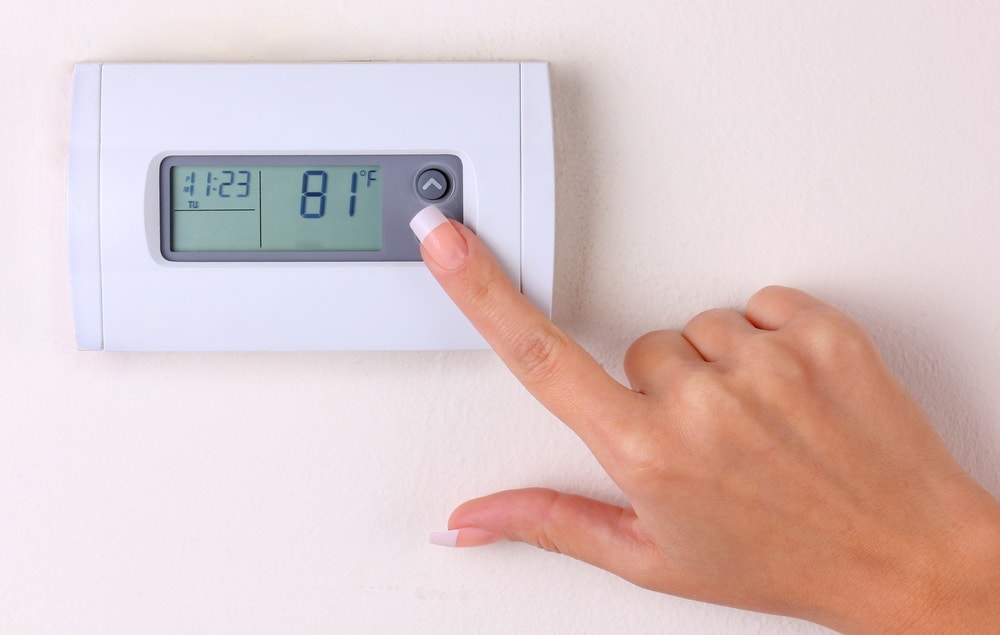
2. The air conditioner won’t have to run as hard if a fan is on
It’s something most of us have done on a hot day—turning on the ceiling fan or just a regular oscillating fan to help the efforts of the air conditioner. If the air conditioner isn’t a sufficient size to cool the room, this won’t help.
While fans do help circulate the air around a room, they don’t actually cool it. You’re better off making sure your AC unit is the right size for your space and save on the electricity bill.
3. Larger air conditioners cool the home faster
While it is important to ensure that your AC unit is large enough, there is absolutely no benefit to buying an oversized unit. As larger units are designed to cool larger spaces, they are also designed to maintain the temperature of a large building.
In other words, it takes longer for a larger building to heat up or cool down, so the machine is designed to run for a long time and then take a long break. When you place this machine in a smaller space that heats quickly, it cycles faster. This causes the compressors to burn out much faster, which is not ideal.
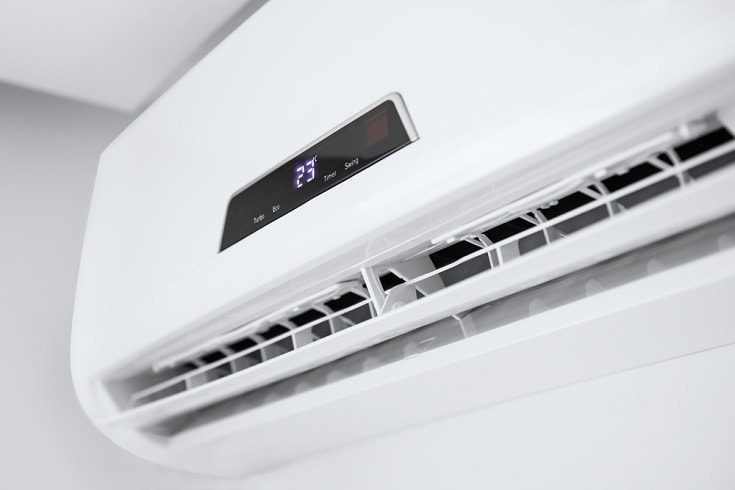
4. You should close your vents in rooms you aren’t using
Another myth that comes naturally is that you should close the vents in rooms that you aren’t using and reroute the cold air to the rest of the house. Unfortunately, this is untrue. There is no benefit to closing the vents in unused rooms.
On the contrary, it is harder on the machine because you are toying with the area it was intended to cool—its distribution. The other problem is increasing the air pressure in the ducting makes your air conditioning work harder than necessary.
5. Turning the air conditioner off when you’re out will save money
It’s pretty reasonable to think that turning off your AC unit while you’re out or at work would save you money. It seems like a waste of money and energy. The fact is, surprisingly, that it takes more energy to cool your home repeatedly every day than to leave the unit on. It’s far less energy to keep the house cool than to cool it over and over again.
6. It doesn’t matter where you put the thermostat
This is absolutely untrue and the lack of logic behind it makes one wonder where this myth came from. If you put a thermostat directly near a heating or cooling source that it controls, it will shut off too quickly.
It’s best practice to install the thermostat in a central location away from the source of cooling, in our case. This allows the thermostat to take an accurate reading of what is going on in the room —not just what’s happening right next to the air conditioning.
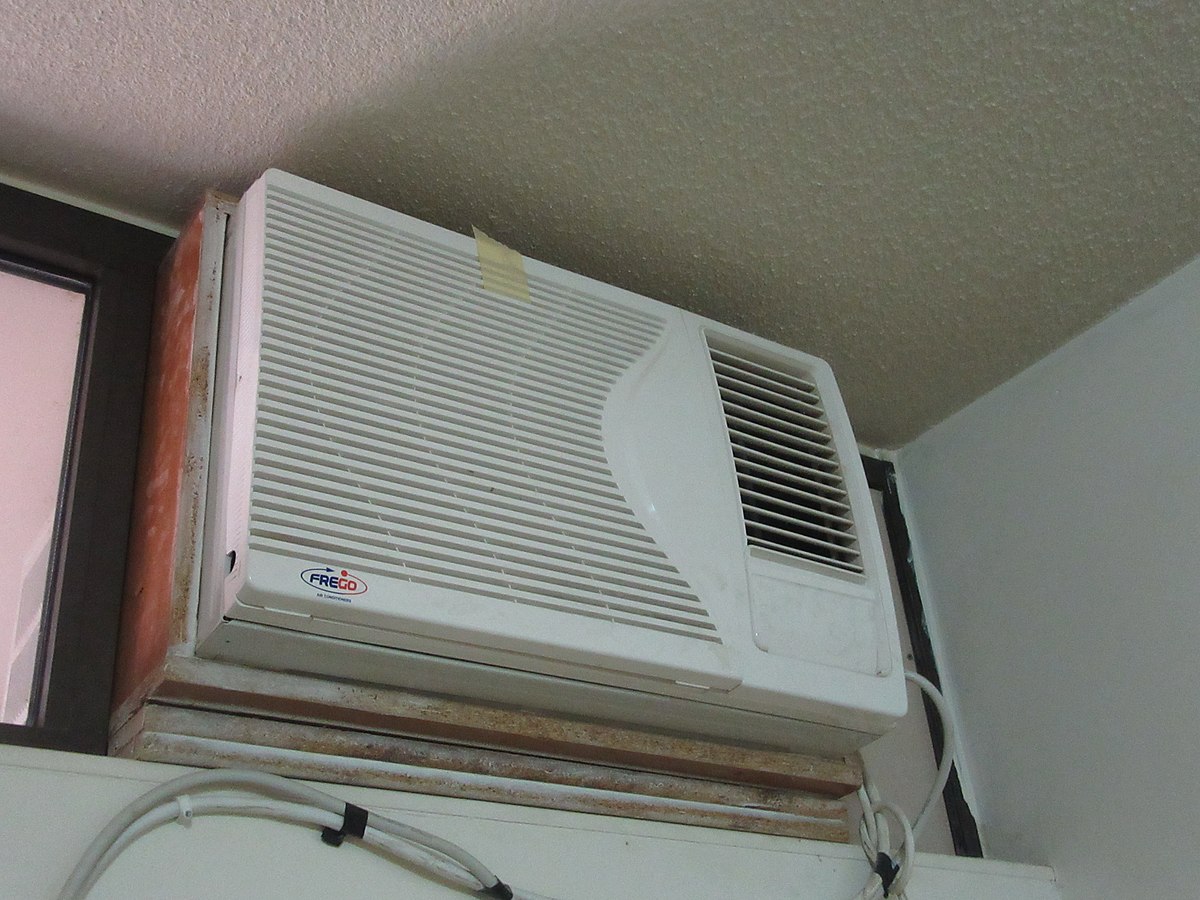
7. Air conditioning can give you a cold
This is another myth that is just plain silly! An air conditioner cannot cause you to catch a virus! However, research suggests that air conditioning can set off a series of triggers that increase your exposure to airborne pathogens.
8. As long as your air conditioner is efficient, it will save you money
We’ve touched on this before, but this is another persistent myth. If the AC unit is too small, it won’t work. More efficiency only applies to the AC unit if it is being used on the size of space that it was designed to cool. It does not mean that it can cool a bigger space any better than a unit of the same size and less efficiency.
9. Air conditioners are only for the summer
This may have been true at one point, but modern AC units are coming out with all kinds of new settings that make them useful for all seasons. You’ll find home air conditioning units that are built for cooler seasons as well as the hot summer.
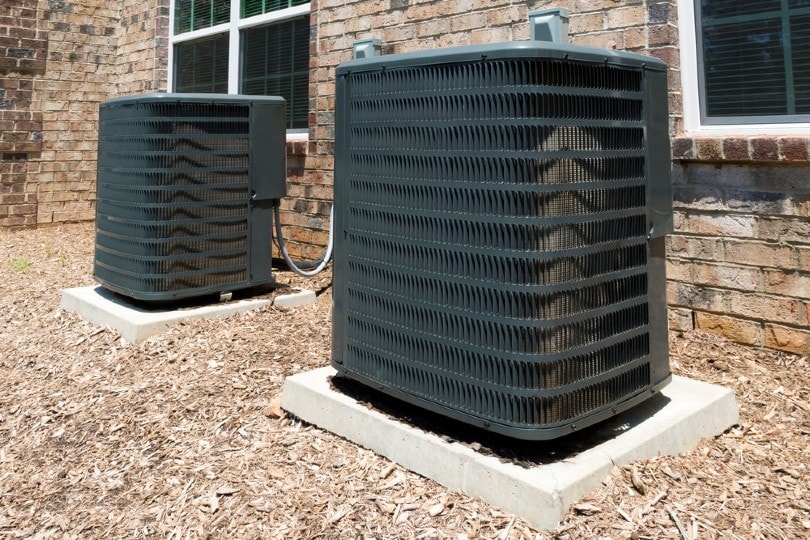
10. You only need to clean the air filter once a year
This is a common misconception that makes air conditioning more expensive than it needs to be. The air filter needs to be cleaned once a year at an absolute bare minimum! If you want your AC unit to run efficiently, however, it needs to be cleaned every two months.
11. Preventative maintenance is just optional; I’ll get it fixed if something breaks
This is a way of thinking that is all too common, and not just with air conditioning machines! Preventative maintenance can be the difference between having working AC in the middle of summer and being out hundreds or thousands on a new machine. Air conditioners are great machines, but they were designed to be maintained, just like a car or home.
Related Read: How Much Does It Cost to Install Central Air Conditioning?
Conclusion
Air conditioners are one of the least understood appliances that we rely on to keep us comfortable. Nobody likes having to buy a new unit or pay a huge electrical bill. Taking the time to learn how they actually work and how to take care of them properly will help you to save money and extend the life of your unit. Take care of your AC unit and it will keep you comfortable for seasons to come!
- See Also: Window AC vs Central Air: Pros & Cons
- See Also: Why Is My Air Conditioner Not Cooling the House: 8 Possible Reasons
Featured Image Credit: Kamran Younus, Shutterstock
Contents


